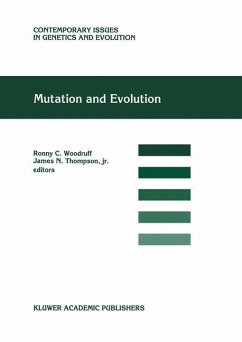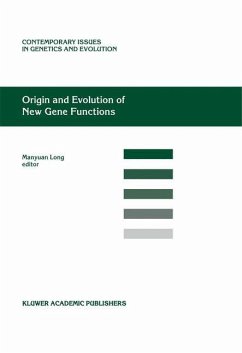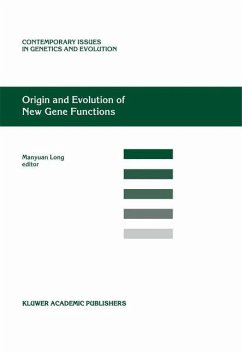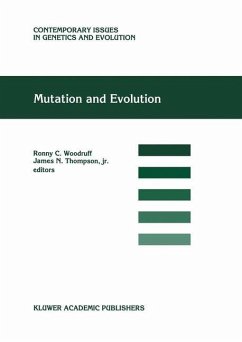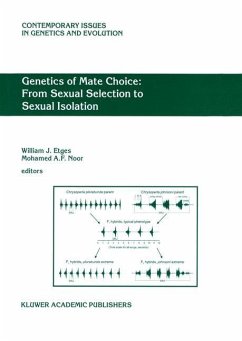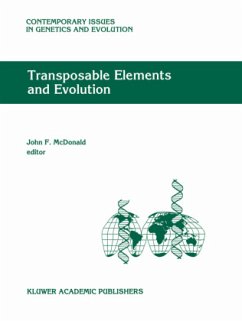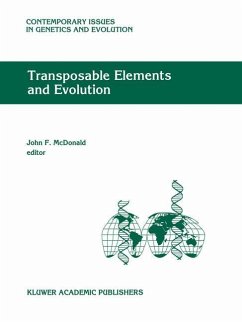
Foundations of Systematics and Biogeography
Versandkostenfrei!
Versandfertig in 6-10 Tagen
151,99 €
inkl. MwSt.
Weitere Ausgaben:

PAYBACK Punkte
76 °P sammeln!
This volume draws attention to the seminal studies and importantadvances that have shaped systematic and biogeographic thinking andcontinue to influence its direction today. It traces concepts inhomology and classification from the 19th century to the presentthrough the provision of a unique anthology of scientific writingsfrom Goethe, Agassiz, Geoffroy St. Hilaire, Owen, Naef, Zangerl andNelson, among others. In addition, current attitudes and practices incomparative biology are interrogated, particularly in relation toevolutionary studies leading to a re-statement of the principal aimsof the...
This volume draws attention to the seminal studies and important
advances that have shaped systematic and biogeographic thinking and
continue to influence its direction today. It traces concepts in
homology and classification from the 19th century to the present
through the provision of a unique anthology of scientific writings
from Goethe, Agassiz, Geoffroy St. Hilaire, Owen, Naef, Zangerl and
Nelson, among others. In addition, current attitudes and practices in
comparative biology are interrogated, particularly in relation to
evolutionary studies leading to a re-statement of the principal aims
of the discipline. In order to alert prospective students to pitfalls
common in systematics and biogeography, the book highlights three
principal messages: biological classifications and their explanatory
mechanisms are separate notions; most, if not all, homology concepts
pre-date the works of Darwin; and that the foundation of all
comparative biology is the concept of relationship - neither
'similarity' nor 'genealogical hypotheses of descent' are sufficient. Foundations of Systematics and Biogeography is an ideal volume for students, academics, researchers and professionals in the fields of systematics, biogeography, evolutionary biology and palaeontology.
advances that have shaped systematic and biogeographic thinking and
continue to influence its direction today. It traces concepts in
homology and classification from the 19th century to the present
through the provision of a unique anthology of scientific writings
from Goethe, Agassiz, Geoffroy St. Hilaire, Owen, Naef, Zangerl and
Nelson, among others. In addition, current attitudes and practices in
comparative biology are interrogated, particularly in relation to
evolutionary studies leading to a re-statement of the principal aims
of the discipline. In order to alert prospective students to pitfalls
common in systematics and biogeography, the book highlights three
principal messages: biological classifications and their explanatory
mechanisms are separate notions; most, if not all, homology concepts
pre-date the works of Darwin; and that the foundation of all
comparative biology is the concept of relationship - neither
'similarity' nor 'genealogical hypotheses of descent' are sufficient. Foundations of Systematics and Biogeography is an ideal volume for students, academics, researchers and professionals in the fields of systematics, biogeography, evolutionary biology and palaeontology.





